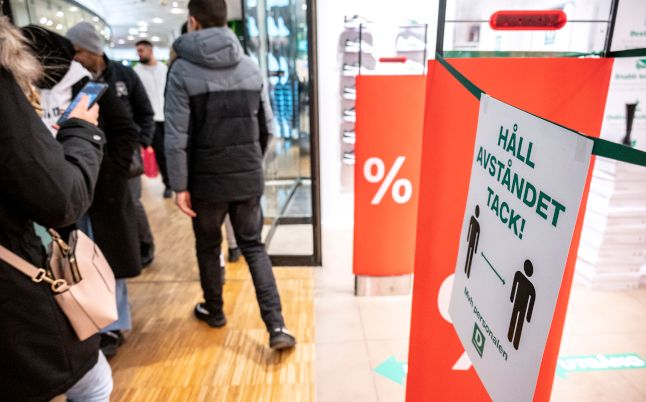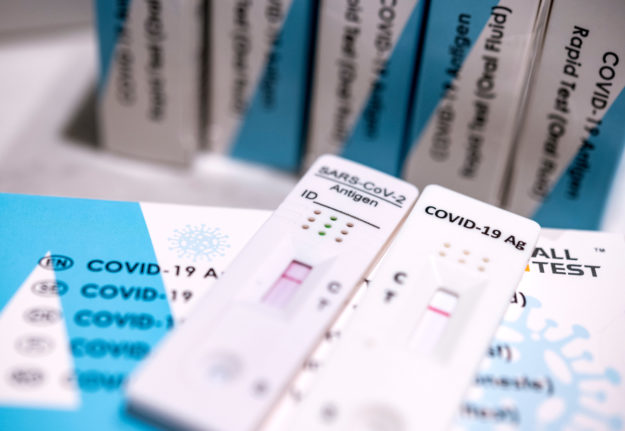Which rules were lifted on February 9th?
The following restrictions are currently in place, but were removed on February 9th:
- Indoor events of 20-50 people must be seated, with max 8 per group and one metre between groups
- Vaccination pass needed for indoor events with more than 50 attendees
- Trade shows and markets indoors must require a vaccine pass if they have more than 50 guests, and number of guests is capped at 500, with 10 square metres per person
- Restaurants must close at 11pm, with alcohol serving ending at 10.30pm
- Groups at restaurants may consist of a maximum of eight people, with a minimum of one metre between groups
- Restaurants with concerts or other entertainment may only have seated guests
- Maximum of 20 people at private parties in hired venues
- Shops must have a maximum number of guests permitted, calculated on area with 10 square metres per person – this also applies to gyms, museums, art galleries, theme parks and swimming pools
- Long-distance public transport: all travellers must have a seat, if possible
The following recommendations were also removed:
- Public transport should keep up the frequency of departures
- People should wear a face mask on crowded public transport
- Everyone who can should work from home
- Employers should for example ensure that staff can keep a distance and are able to work from home
- Indoor cups and sports camps should not be held
- Universitities should carry out part-time remote teaching
Which rules remain after February 9th?
If you have symptoms that may be a sign of Covid-19, you should stay home and avoid close contact with others.
Unvaccinated adults should avoid crowded spaces, and large crowds indoors, even if they don’t have symptoms.
The healthcare and elderly care sectors should have risk-reducing measures in place if needed.
Who should get tested?
The general public will no longer be able to get a PCR test for free, but staff and patients in the healthcare and elderly care sectors should still get tested if they have symptoms.
Who should get vaccinated?
Everyone aged 12 or over should get vaccinated if they can, and everyone over the age of 18 should get their third booster dose too if they haven’t already. The booster can be given three months after the second dose. Sweden does not currently recommend the Covid vaccines to children under the age of 12, unless they are particularly at risk (if you think this applies to your child, it’s best to speak with your doctor).
As of February 4th, 86.5 and 83.7 percent of over-12s in Sweden have received their first and second dose, respectively. More than 50 percent of adults have received their third dose. The Covid vaccine is free for everyone who is eligible for it.
What about the non-EU travel ban?
Sweden removed all Covid-related border restrictions for travel from the rest of the EU/EEA to Sweden on February 9th. This means that from this date, people travelling to Sweden from those countries no longer have to show a Covid certificate.
The non-EU restrictions remain in place for now, and are currently scheduled to expire on March 31st.
When The Local contacted the Health Ministry last week, we received this response from a spokesperson: “The government is continuously reviewing the entry restrictions introduced due to the pandemic. It is important that the restrictions do not go beyond what is justified.
“As a first step, the government intends to remove the entry restrictions which were introduced on December 21st for the Nordic countries. The government will be back as soon as possible with further information on this issue.”



 Please whitelist us to continue reading.
Please whitelist us to continue reading.
Member comments